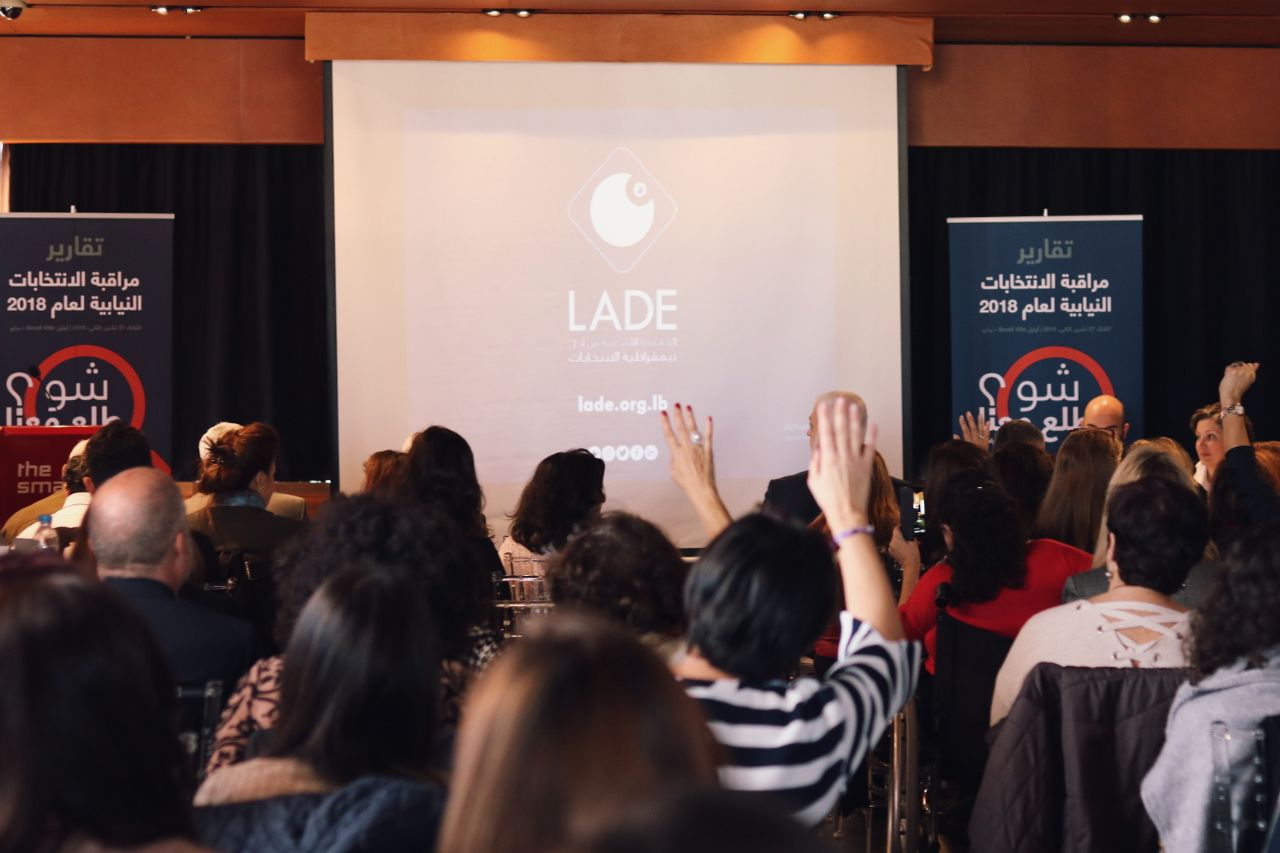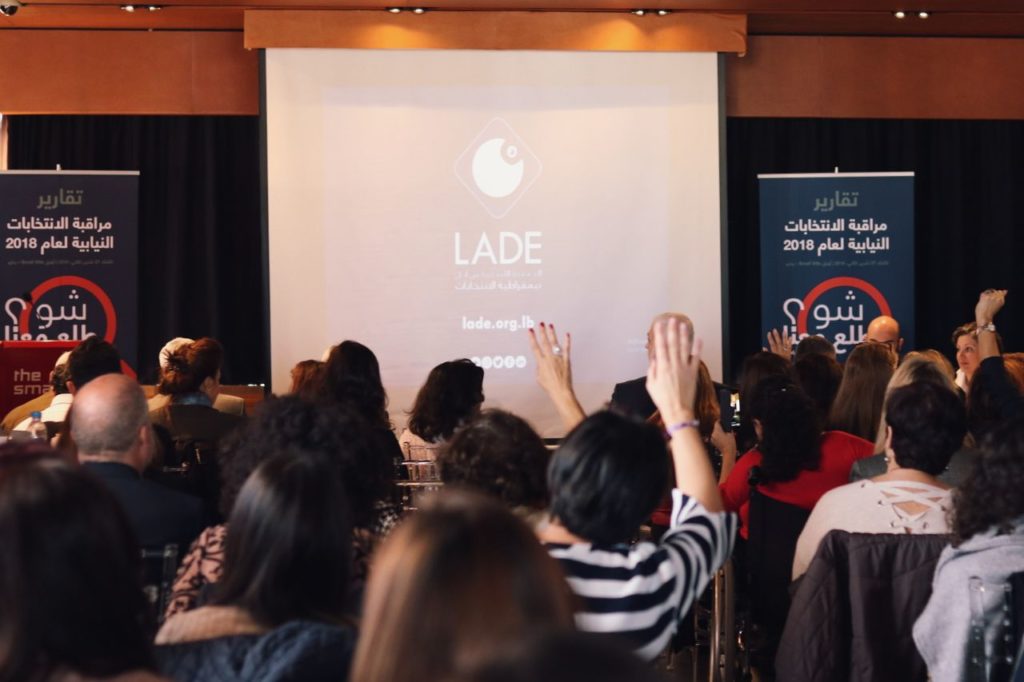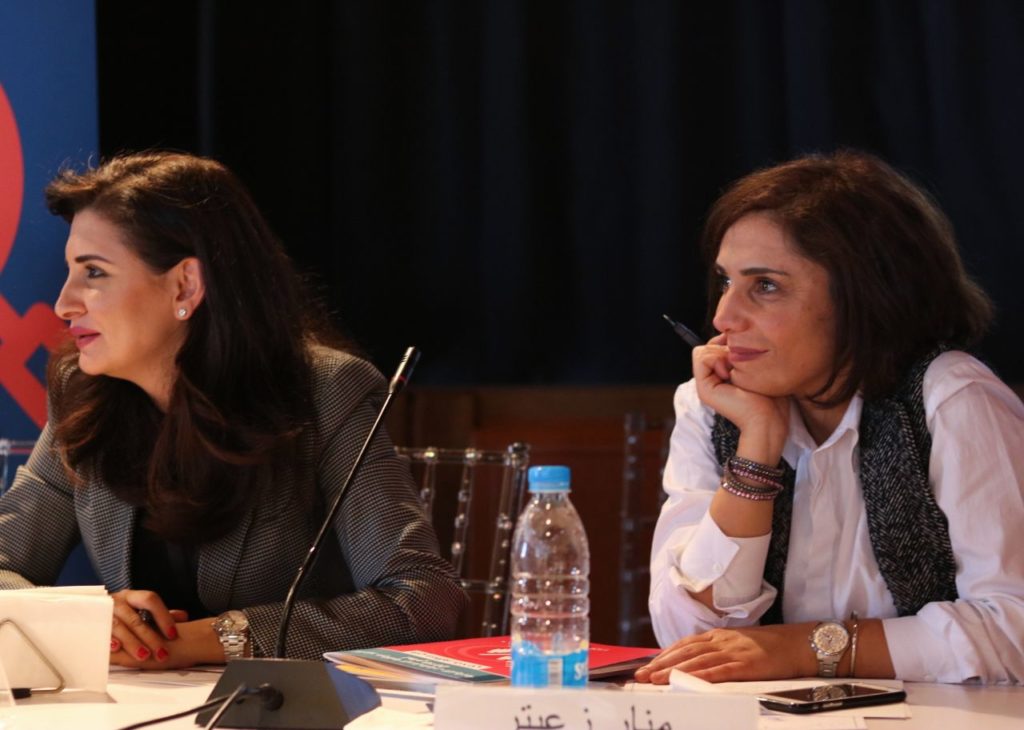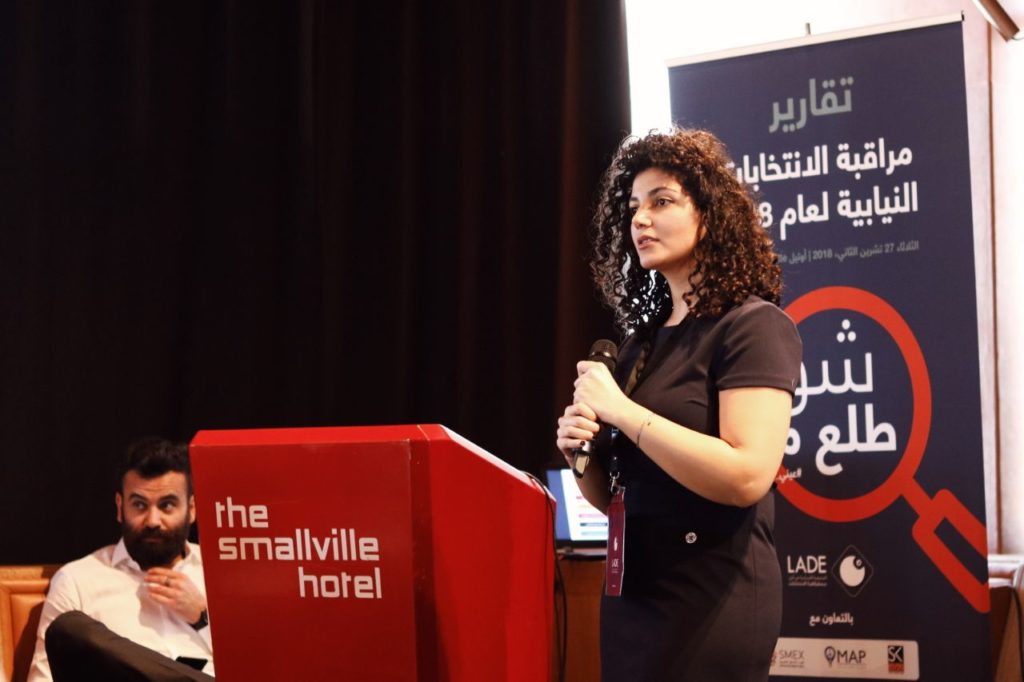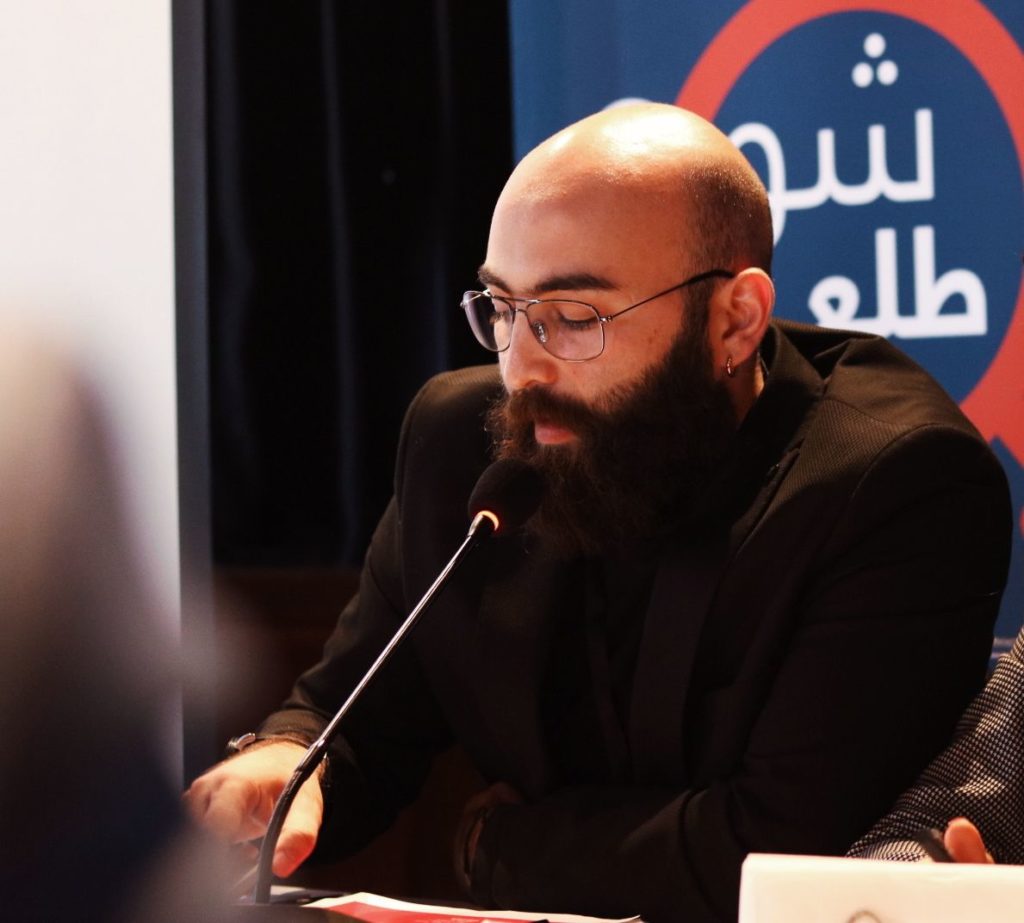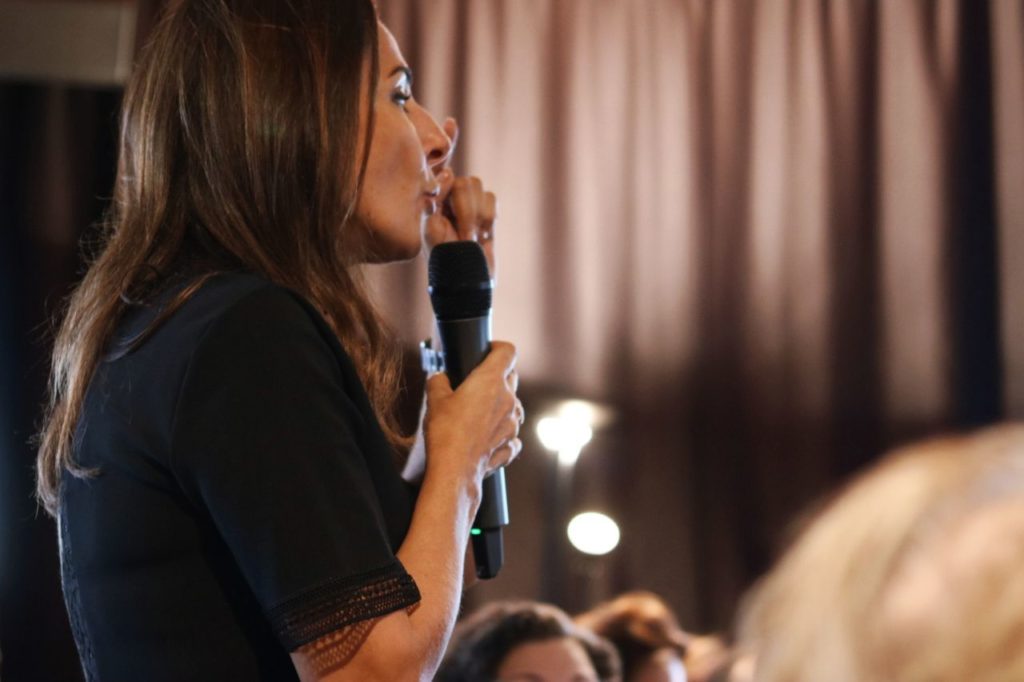id=”500″ id=”post-1245″ class=”wp-post-content-block ” itemscope itemtype=”http://schema.org/BlogPosting” itemprop=”blogPost”>
LADE launches gender monitoring report of Lebanese elections, calls for structural changes
By Laudy Issa
The Lebanese Association for Democratic Elections (LADE) highlighted the need for structural changes that can increase the effective political participation of women at the November 27 launch of their electoral monitoring reports.
The WE4L partner in Lebanon observed the 2018 parliamentary elections from a gendered perspective to pressure decision-makers into working on the various obstacles facing women in leadership positions. Panellists at the launch urged researchers, policy-makers, politicians, civil servants and others in attendance to link the status of female political participation to the political and legal infrastructure of the country.
“How can I talk about the political participation of women in a country where citizens have two identities: a sectarian identity and a nationalist identity?” said lawyer and human rights trainer Manar Zaiter. “We can’t talk about the political participation of women without relating it to all gender issues in the country because, today, we are still faced with discriminatory laws.”
Zaiter elaborated by highlighting the different policies that work against women in the country, from the Lebanese Social Security Law and Personal Status Laws that maintain the patriarchal structure of families to the Penal Law that lacks in its ability to protect women from sexual violence and marital rape. The launch coincided with the third day of the 16 Days of Activism against Gender-Based Violence.
The monitoring report called for the implementation of basic structural changes that allow women to be considered full and equal citizens, in addition to economic policies that support women and their productivity.
After screening a 10-minute video featuring different female candidates who discussed the barriers they faced during the 2018 parliamentary elections, Zaiter and LADE Research Coordinators Aly Sleem and Diana El Baba shared the report’s legal, electoral, political, media-related, and strategic recommendations to increasing the political participation of women.
On a legal level, panellists prioritised the implementation of a quota for women and the removal of the candidacy fee that amounts to over $5,000 and is beyond many women’s capability to pay considering the social and economic policies that disadvantage them in the country.
LADE also recommended the inclusion of more women on the Supervisory Commission for Elections (SCE), the initiation of awareness campaigns that push females and other marginalised groups to vote away from familial pressures, and granting the SCE authority to punish those who violate electoral laws.
On a political level, panellists discussed the need for political parties to place internal quotas and nominate females for leadership positions to help normalise the image of women in politics.
“What’s surprising is that the majority of women present on the sectarian electoral lists aren’t in the political parties,” said Aly Sleem, who goes on to explain that the women are “parachuted” onto electoral lists for several reasons.
“Some of them are public figures who could bring in a lot of votes, but another reason is that the political parties don’t want to empower or grant this opportunity to the women in their parties as a way of maintaining the traditional roles that these women hold within the parties, in committees that organise non-political affairs,” said the LADE research coordinator.
The gender monitoring report also suggested the creation of an independent media authority to monitor election coverage and advertising and ensure that female candidates are granted more air-time.
The crowd discussion also called for the re-evaluation of the approach towards female empowerment in the country, highlighting the need to identify the structural preconditions that hinder or help women in leadership positions and to resist the separation of feminist causes from political causes.

